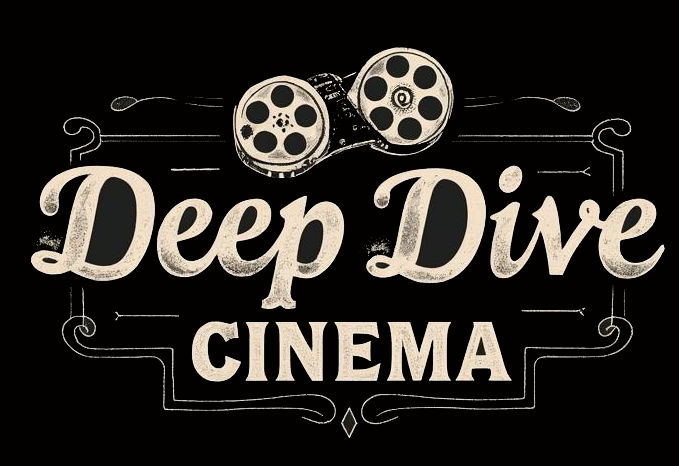🎞️ About June Perry Levine (1927–2010)
Founder of UNL Film Studies | Professor Emerita of English | Architect of the Levine Protocol
“Don’t tell me what happened. Tell me what the camera did—and why it had the audacity to do it.”
—June Levine, 1987, in class with a cigarette burning like a fuse between her fingers.
June Perry Levine was a woman who taught film like it was sacred—but expected her students to dissect it with surgical precision and philosophical fire. She wasn't interested in what you thought. She wanted to know why—and she could smell cowardice in a half-formed thesis from across the room.
She was born in New York City in 1927 and raised in the Washington Heights neighborhood of Manhattan—a child of Jewish immigrants with a precocious intellect. By 16, she was enrolled at Brooklyn College. By 22, she held a master’s in English literature from the University of Michigan. And by the 1970s in Lincoln, Nebraska, she was breaking academic ground as the founder of the University of Nebraska–Lincoln’s Film Studies program—decades before film theory had a seat at the table in most departments.
At UNL, she taught modern fiction, literature and film adaptation, and developed a rigorous, emotionally engaged method of cinematic analysis that would become known to her students—affectionately and fearfully—as The Levine Protocol.
📽️ What The Levine Protocol Demanded
- Record every single camera shot — composition, movement, lens, angle, light
- Determine its cinematic and narrative intent
- Describe your emotional response, and how the filmmaker orchestrated it
- Identify the aesthetic system of the director or era
- Connect the film to cultural or political context
- Defend your reading in debate — or revise it in the fire of better argument
She abhorred passive viewing. She was known to light unfiltered cigarettes in class when a conversation hit the right intellectual temperature. She was always draped in black linen, often razor-sharp in her critiques, and sometimes dismissive of American cinema—though she admired Hitchcock, and respected formal rigor wherever it appeared.
To survive one of her classes was to come out changed: sharper, braver, more attuned to the power of the moving image. You didn’t just learn to watch film. You learned to listen to it. To feel it as architecture. To argue with it as philosophy.
🖤 Why This Blog Exists
This archive—this blog—is a tribute and a continuation.
Curated by a former student turned lifelong cinephile, this is a space where:
- Films are reviewed frame by frame using the Protocol
- Anecdotes from Levine’s classroom are preserved
- Forgotten or underloved films are given serious analytical treatment
- Film becomes a lens, a scalpel, a language again
It is not enough to say “I liked it” or “I didn’t.”
You must explain how it moved, and what it meant to move you that way.
June Perry Levine passed away in 2010 at age 83, at her home in Lincoln.
But her smoke still lingers in the rafters of every smart projector booth.
And her questions still echo in every scene worth studying.
Further Reading:
